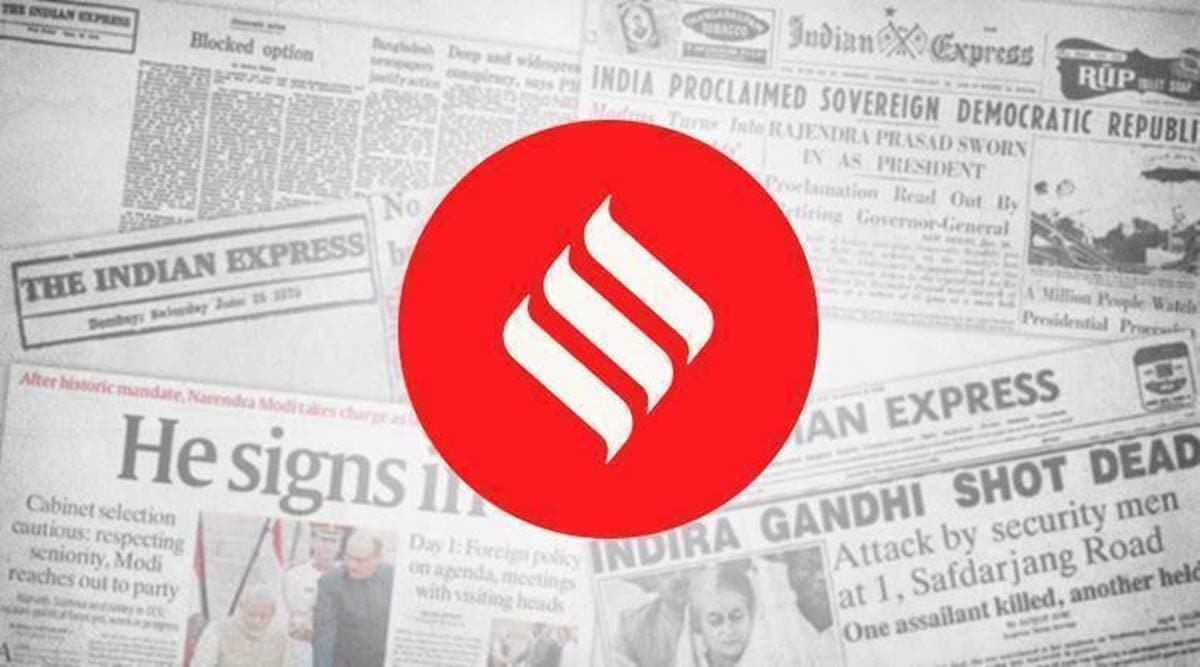 At the aggregate level, the Centre’s gross tax collections have touched 24 per cent of budgeted expectations in the first quarter (April-June) of the current financial year, with indirect tax collections doing a tad better.
At the aggregate level, the Centre’s gross tax collections have touched 24 per cent of budgeted expectations in the first quarter (April-June) of the current financial year, with indirect tax collections doing a tad better. Recent data suggests that with the second wave of infections subsiding, and with state governments easing localised restrictions, economic activities in India bounced back strongly from the lows observed in May. At 95.3, the Nomura India Business Resumption Index for the week ending July 25 was only 4.7 percentage points below its pre-pandemic level. It had dipped to 60.2 in May. In line with these trends in the broader economy, recently released data also signals a marked improvement in central government finances during this period. In fact, with the economic fallout of the second wave being less than feared, government finances have fared considerably better in the first quarter of the current financial year than over the same period last year when the imposition of the national lockdown led to a virtual collapse in revenues.
At the aggregate level, the Centre’s gross tax collections have touched 24 per cent of budgeted expectations in the first quarter (April-June) of the current financial year, with indirect tax collections doing a tad better. Under the broad rubric of indirect taxes, recent data signals a rapid pick up in both GST and excise/cess collections. GST collections at Rs 1.16 lakh crore in July were higher than in both May (Rs 1.02 lakh crore) and June (Rs 92,849 crore). With average daily e-way bills generated in July higher than in June and May, the outlook for collections is significantly brighter. Further, with economic activities picking up, fuel demand also rose sharply in July. In fact, as reported in this paper, preliminary sales data shows that petrol consumption has reached pre-Covid levels with state-owned fuel retailers selling 2.37 million tonnes of petrol in July. Even non-tax revenues have been bolstered by a higher than expected surplus transferred by the Reserve Bank of India. However, there continues to be cause for concern. As against an ambitious disinvestment target of Rs 1.75 lakh crore, so far proceeds through this channel have only been to the tune of Rs 7,645 crore. An inability to shore up disinvestment proceeds, coupled with the possibility of having to provide additional support to struggling parts of the economy, could add pressure on government finances down the line.
On the expenditure side, while the Centre’s revenue expenditure has grown at a steady pace sequentially during this period, capital expenditure has been volatile, presumably due to lockdown restrictions. With the second wave receding, economic activity picking up, and greater clarity over its revenue streams, the government should now step up spending to provide support to the economy.
- The Indian Express website has been rated GREEN for its credibility and trustworthiness by Newsguard, a global service that rates news sources for their journalistic standards.

